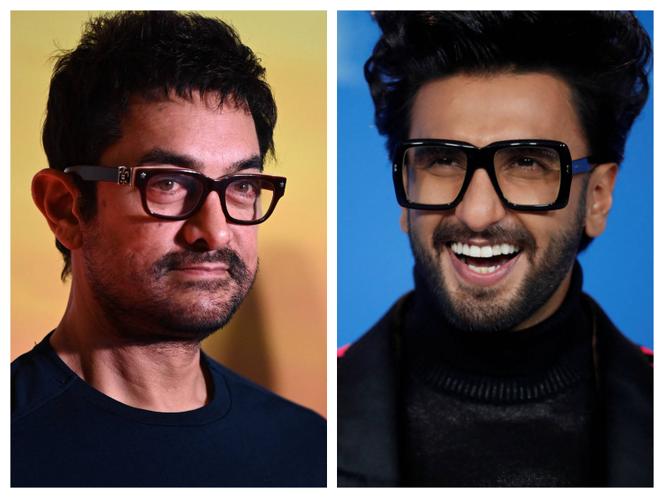
Dead politicians resurrected to support a candidate in Tamil Nadu; a Muslim party leader intoning Hindu devotional songs; usually discreet Bollywood stars Ranveer Singh and Aamir Khan openly criticizing the Indian prime minister and lending their support to the Congress, the main opposition party. India has entered fully into the age of artificial intelligence, as the country votes in a general election due to last until June 1.
Deepfakes, videos that reproduce faces and voices and can be used to spread disinformation, have invaded social media, just as fake news impacted the 2019 campaign. For the past decade, India has been a step ahead in the partisan use of digital communication tools. For better, but mostly for worse.
This is due to the absence of legislation, the availability of increasingly inexpensive technologies and candidates prepared to do anything to convince voters and ruin the reputation of their opponents. The risk is high in a hyper-connected country – 800 million Indians are connected to the internet – where a large proportion of the population, uneducated and ill-equipped to discern the true from the false, is receptive to these messages. The Indian media landscape has already long been polluted by misinformation and propaganda, shared by media outlets that are predominantly pro-power.
A suddenly polyglot prime minister
Endowed with considerable financial resources, the Bharatiya Janata Party (BJP, Indian People’s Party) immediately seized on these new techniques to promote its leader, Narendra Modi. The incumbent prime minister, who is seeking a third successive term in office, already used holograms in 2014 to increase his appearances across the country. This time, he has used a company specializing in artificial intelligence to translate his speeches in real time, using his voice, into several vernacular languages that he does not speak.
He speaks only Hindi and Gujarati but now communicates fluently in Kannada, Tamil, Telugu, Malayalam, Bengali, Oriya, Punjabi and Marathi. The candidate has also made videos available on a large scale via the WhatsApp messaging system in which he personally addresses the various users, calling them by their first name.
The ruling party also promoted a satirical deepfake, whose creator is untraceable, featuring Delhi’s chief minister, Arvind Kejriwal. Considered one of Modi’s main opponents, he was arrested on March 21 in connection with an alleged corruption scandal, before being released on May 10 by order of the Supreme Court. The fake video, shared just after his arrest, showed the detainee behind bars, strumming a guitar and (fake) singing a verse from a popular Bollywood song: “Forget me, for you must now live without me.”
You have 41.23% of this article left to read. The rest is for subscribers only.




















